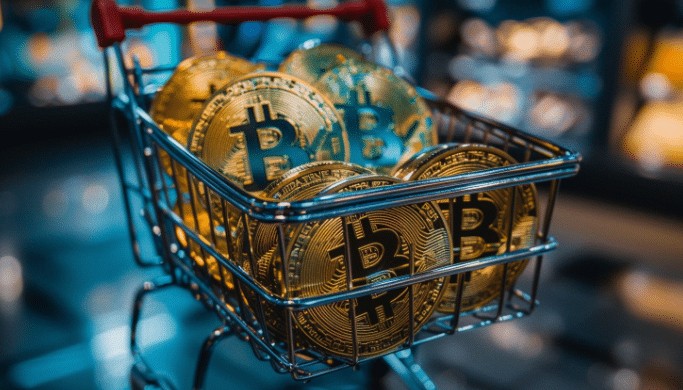
Understanding Blockchain: The Revolutionary Technology Reshaping Industries
Blockchain technology has emerged as one of the most transformative innovations of the 21st century, promising to reshape industries across the globe top presale crypto 2024. Originally devised for the digital currency Bitcoin, blockchain has expanded far beyond its cryptocurrency origins, finding applications in finance, healthcare, supply chain management, and even voting systems. This article explores the fundamental concepts of blockchain, its applications, and its potential future impact.
What is Blockchain?
At its core, blockchain is a decentralized and distributed digital ledger that records transactions across multiple computers in such a way that the ledger cannot be altered retroactively without the alteration of all subsequent blocks and the consensus of the network. In simpler terms, it is a chain of blocks, where each block contains data, is connected to the previous block, and is secured using cryptography.
How Does Blockchain Work?
- Decentralization: Blockchain operates on a decentralized network of nodes (computers) that all have a copy of the entire blockchain. This ensures that no single entity has control over the data or the network.
- Security: Each block is timestamped and linked to the previous block using a cryptographic hash. Once recorded, the data in any given block cannot be altered without altering all subsequent blocks, which would require the consensus of the network majority.
- Transparency: Blockchain transactions are transparent, as each participant can view the entire transaction history. This transparency helps reduce fraud and increases trust among participants.
Applications of Blockchain
Financial Services
Blockchain’s impact on the financial sector is profound. It enables faster and cheaper cross-border money transfers, reduces fraud through immutable transaction records, and facilitates seamless peer-to-peer transactions without the need for intermediaries.
Supply Chain Management
Blockchain can improve supply chain transparency and traceability by providing a permanent record of product provenance and transaction history. This is particularly useful in industries like food safety, where traceability is crucial.
Healthcare
In healthcare, blockchain can securely store patient records, protect sensitive medical data from cyberattacks, and streamline processes like insurance claims and medical billing.
Voting Systems
Blockchain-based voting systems offer enhanced security, transparency, and auditability, potentially increasing voter turnout and reducing the risk of electoral fraud.
Smart Contracts
Smart contracts are self-executing contracts with the terms of the agreement directly written into code. They automatically execute and enforce terms when predefined conditions are met, reducing the need for intermediaries and ensuring trust between parties.
Future of Blockchain
As blockchain technology continues to evolve, its potential applications are expanding rapidly. Innovations in scalability, interoperability between different blockchains, and advancements in privacy and security are paving the way for blockchain to become an integral part of our digital infrastructure.